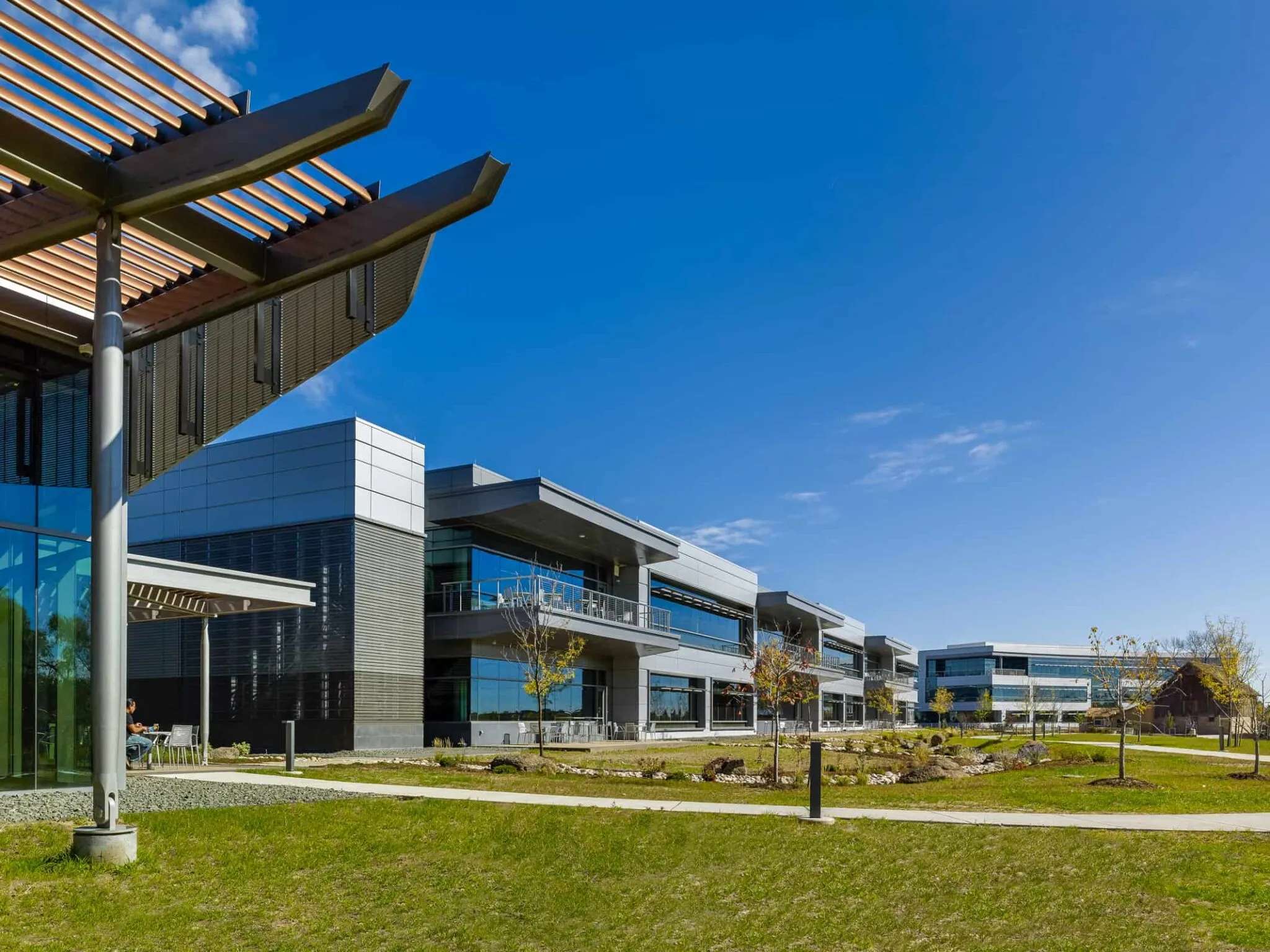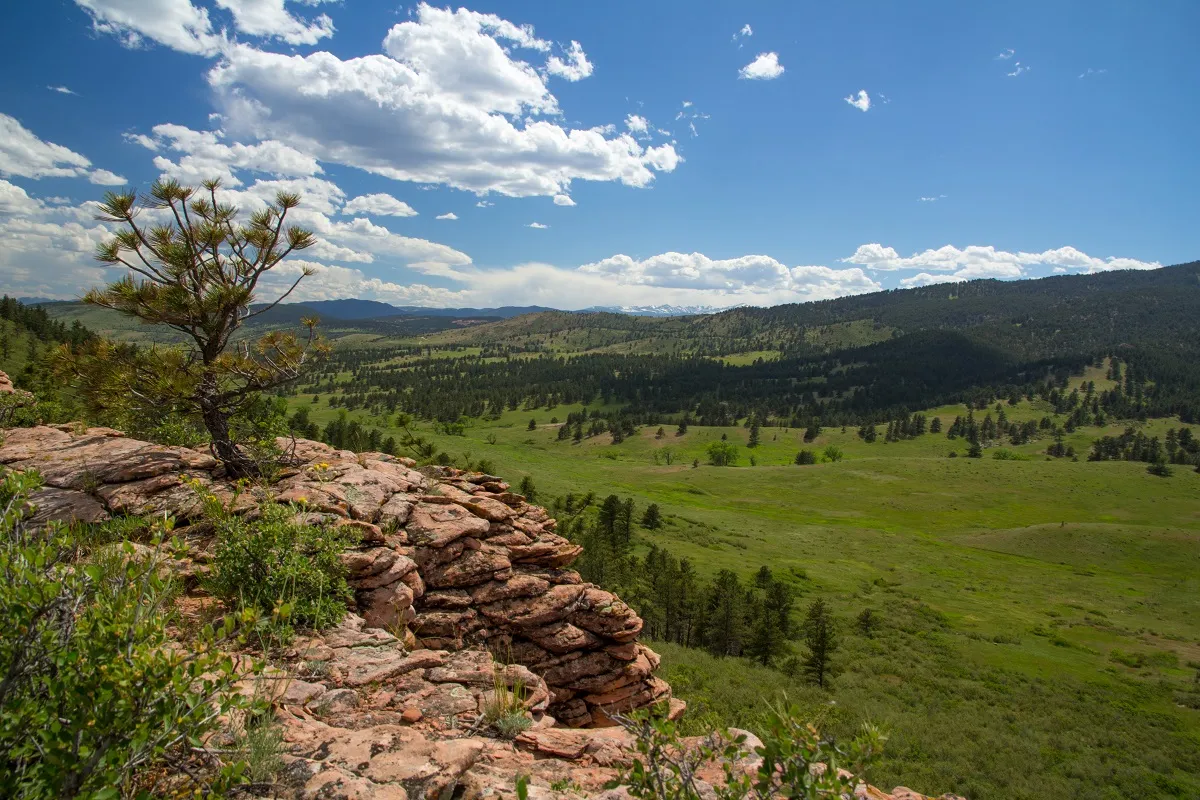Confluence: ‘Urgency lubricates collaboration’
Water utilities see collaboration as the key to water supply, future
LOVELAND — Despite significant political profile differences between communities such as Boulder and Greeley, when it comes to water, there’s agreement that collaboration is the key to resiliency in water availability and system reliability.
Utility directors from Greeley and Boulder, along with the general manager of the Northern Colorado Water Conservancy District, talked about regional water collaboration during a panel discussion at the annual BizWest Confluence — Colorado Water Summit Thursday. The conference was held at the Embassy Suites hotel in Loveland.
Kristin Todd, CEO of the Community Foundation of Northern Colorado, moderated the panel. The foundation has for many years carved out a role as a neutral convener of cities and entities involved in water use in the region.
SPONSORED CONTENT
Brad Wind, the Northern Water general manager, said that a Google search for links to discussions about collaboration renders millions of results. “But the thing that is missing [in those search results] is the element of ‘urgency,’” Wind said. Urgency drives many entities to the table to collaborate.
As moderator Todd said simply, “Urgency lubricates collaboration.”
Wind went on to list areas where urgency of need is driving or has driven collaboration.
The very creation of the Colorado-Big Thompson water project that Northern Water operates came as a result of an urgent need to supply farmers with water, especially in the August and September time frame when crops needed more water in order to produce a harvestable yield. It still took 10 years for the first water to move through the Alva Adams tunnel from the Western Slope to Front Range users.
Endangered species, also, resulted in water interests quickly coming together to assure stream flows in Nebraska while also maintaining water availability in Colorado.
Population is the urgent factor now. “The population [of this region] has grown 67% in my time at Northern Water,” Wind said.
Climate change, also, is driving collaboration, especially as seen in how Upper Basin states are working together to find solutions to the declining Colorado River flows.
All of these issues, driven by urgency, are overlaid with efforts to protect the water supply in the region, 80% of which is used by agriculture, Wind said.
Sean Chambers, director of water and sewer services for Greeley, and Todd discussed briefly what they called the Northern Colorado Water Strat Ops organization that is a collaboration of water interests seeking a conversation about issues affecting water users in the region. The group is working on “building a perspective for planning; it might include legislative advocacy … conservation projects and raising general awareness,” Chambers said.
Chambers, who noted that Greeley has been operating a water utility for 150 years, still is vulnerable to risks and uncertainties brought about by changing conditions, political pressure and changing regulations. “We face an increased climate of litigation,” he said.
Greeley has three areas of focus when it comes to collaboration, Chambers said.
- Operational resilience, interconnections with neighbors, relationships with neighbors.
- Long-range regional planning, including conservation and strategies around wildfire and flood recovery.
- Regional water-supply projects — such as Windy Gap and Northern Integrated Supply Project — that offer economies of scale.
Joe Taddeucci, director of utilities for the city of Boulder, credited Northern Water with setting the example and providing the infrastructure for moving water around the region as conditions might warrant. “The network of infrastructure gives the whole region the ability to share resources in case of fires and floods,” he said.
He cited a case when a large construction project in the Big Thompson Canyon disrupted supplies for some communities, but Boulder was able to share some resources so that communities were largely not impacted.
The Marshall Fire that destroyed large swaths of homes in Superior and Louisville required those communities to flush their water systems quickly. While it takes Boulder four or five weeks to flush its water system, “12 municipalities, Boulder one of them, helped Superior and Louisville flush their water systems in a matter of four days,” Taddeucci said.
“From my vantage point, there’s so much in our world that’s divisive now, but I’m pleased that when pressed, we work together,” he said.
The panelists, while agreeing on most points, expressed some differences of opinion when asked “what is the single most pressing issue facing Northern Colorado water.”
Wind said “growing demands coupled with shrinking supplies.”
Taddeucci said that the Colorado River issue shows up in the news every few days, but he saw staffing of water utilities to be most pressing, because many utility systems have old infrastructure that needs to be maintained and replaced, and that requires people with knowledge.
Chambers said staffing is an issue, but “I’d focus my response on lack of public knowledge” about the issues surrounding water. Those issues are complicated, and “folks aren’t interested in a complicated story,” making it difficult to develop the political will to find solutions.
The panelists were encouraged by the willingness in the region to collaborate.
“Thirty years ago, it was more common for everyone to move to their corner and protect their interests,” Taddeucci said. “Around 2010, we made the choice that being protective wasn’t the best path forward.”
Chambers said that Greeley also saw the need for collaboration so it became “more selective in our protective steps. We consider the issues, not personalities.”
LOVELAND — Despite significant political profile differences between communities such as Boulder and Greeley, when it comes to water, there’s agreement that collaboration is the key to resiliency in water availability and system reliability.
Utility directors from Greeley and Boulder, along with the general manager of the Northern Colorado Water Conservancy District, talked about regional water collaboration during a panel discussion at the annual BizWest Confluence — Colorado Water Summit Thursday. The conference was held at the Embassy Suites hotel in Loveland.
Kristin Todd, CEO of the Community Foundation of Northern Colorado, moderated the panel. The foundation has for many years carved…





